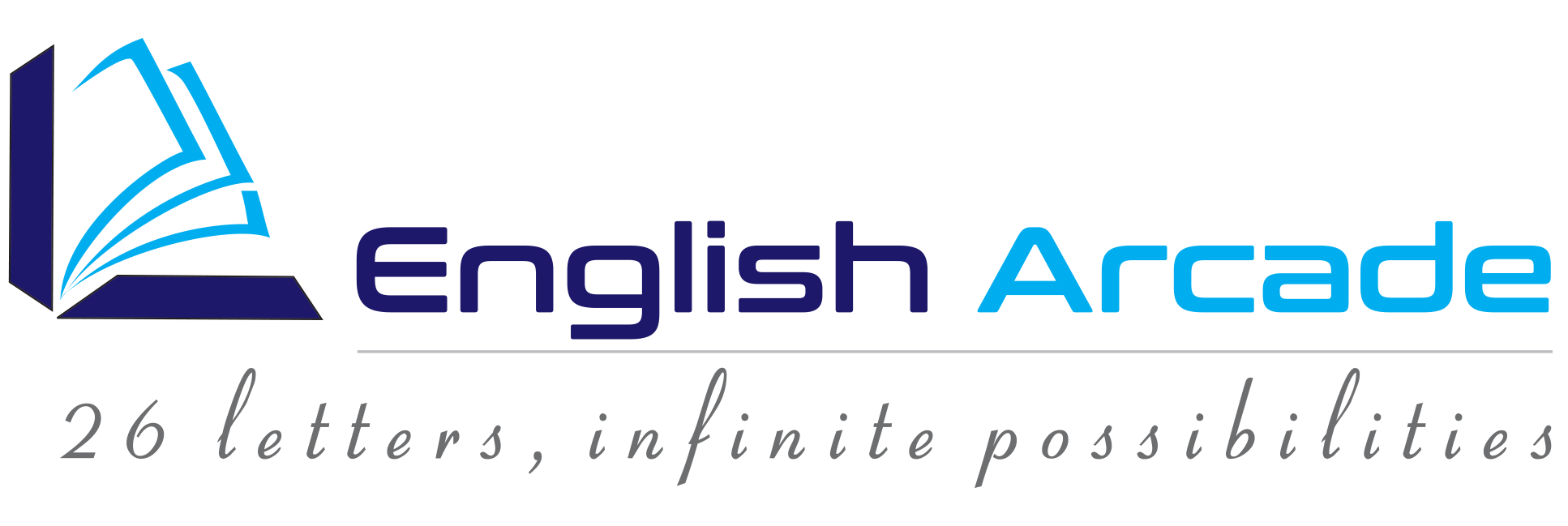Training & coaching are two very distinct approaches to personal as well as professional development, although they often overlap in their objectives & methods. Let’s see what the key differences between them are:
1. Purpose:
-
- Training: Trainings typically focus on imparting specific knowledge, or skills to achieve predefined objectives. It follows a structured curriculum or syllabus that is aimed at teaching participants how to perform certain tasks or acquire new competencies.
- Coaching: Coaching, on the other hand, focuses on facilitating personal or professional growth by helping individuals unlock their true potential, set & achieve goals as well as improve performance. It is tailored to the individual’s needs & aspirations rather than following a standardized curriculum.

2. Approach:
-
- Training: Training often involves a more didactic approach, where an expert imparts knowledge or demonstrates skills to participants through lectures, presentations & hands-on exercises.
- Coaching: Coaching emphasizes a collaborative & inquiry-based approach, where the coach guides the individual through a process of self-discovery, reflection & action planning. Coaches ask powerful questions to help the clients gain insights & develop solutions on their own.
3.Scope:
-
- Training: Training is typically focused on specific skills, tasks, or areas of knowledge. It’s often conducted within a defined time frame & may involve assessments to measure learning outcomes.
- Coaching: Coaching addresses a broader range of personal & professional challenges, including goal setting, career transitions, leadership development, work-life balance & interpersonal skills. Coaching relationships are usually ongoing & flexible, adapting to the evolving needs of the individual.
4.Feedback:
-
- Training: In training, feedback is provided by the trainer or through formal evaluations & assessments. It focuses on correcting errors, reinforcing learning & measuring progress against predefined standards.
- Coaching: Coaching usually involves providing feedback in a supportive & non-judgmental manner, focusing on strengths, opportunities for growth & alignment with the individual’s goals & values. Coaches help clients identify areas for improvement & develop action plans to address them.
5.Duration & Continuity:
-
- Training: Training programs are often structured & time-bound, with a clear beginning & end. The participants might be required to attend workshops, seminars, or courses over a defined period of time to acquire specific skills or knowledge.
- Coaching: Coaching relationships vary in duration & continuity depending on the needs & preferences of the individual. Some coaching engagements may be short-term & focused on addressing specific goals or challenges, while others may be longer-term partnerships aimed at supporting ongoing development & growth.
Another way of looking at this topic would be by exploring what is known as, “The Spectrum of Developmental Approaches”. Without going too deep into this, we will only examine a few scenarios:
Role-Playing Scenarios: Training is similar to rehearsing lines for a play, where specific scripts & actions are provided for actors to follow, while coaching resembles improvisational theatre, where actors collaborate to create scenes in the moment based on their intuition & creativity.
Educational Tools: Consider training as using textbooks & instructional videos to learn new concepts & techniques, while coaching is akin to using a compass & map to navigate uncharted territories, with the guidance of an experienced navigator.
Learning Styles: Training caters to auditory & visual learners through lectures & presentations, while coaching accommodates kinesthetic & experiential learners by encouraging hands-on practice along with real-life application of skills.
Growth Mindset: Portray training as focusing on mastering specific skills or knowledge, with success measured by achieving predetermined benchmarks. Coaching fosters a strong growth mindset by encouraging individuals to embrace challenges, learn from their setbacks & continuously improve.
Evolutionary Process: View training as a linear progression with a clear beginning & end, where individuals move from being novices to becoming experts through structured learning, Coaching is seen as a cyclic process of reflection, adaptation & continuous growth, with no definite endpoint.
Personal Empowerment: Illustrate training as receiving instructions from an expert or authority figure, where the emphasis is on following established procedures. On the other hand, coaching empowers individuals to take ownership of their development, set their own goals & find their unique path to success.
Sports Analogies: Training can be compared to practicing drills & techniques on the field under the guidance of a coach, where repetition & discipline are key to improvement. Coaching strongly represents the role of a mentor who provides guidance, support & encouragement to help athletes reach their full potential.
Illustrative Examples: Use examples from everyday life, such as learning to ride a bike (training), versus exploring a new city with a local guide (coaching), to illustrate the differences between the two approaches to personal & professional development.
Imagery: Paint a picture of a classroom setting with desks, textbooks & structured lessons to represent training. In contrast, picturing an open field with a mentor & student engaged in deep conversation, will depict coaching.
Analogous Professions: Training can be compared to a teacher’s role in a classroom setting, where knowledge is imparted to students according to a set curriculum, while coaching is likened to the role of a counsellor or mentor who guides individuals on a journey of self-discovery & growth.
In summary, training focuses on transferring specific knowledge or skills within a structured framework. On the other hand, coaching is more about empowering individuals to unlock their potential, set & achieve goals as well as navigate personal & professional challenges through a collaborative & inquiry-based approach.

